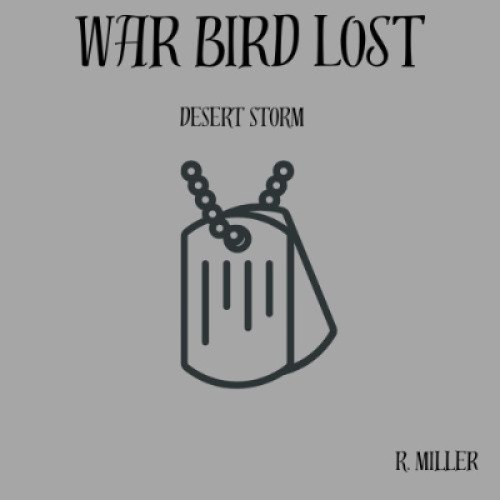In February 1991, my squadron faced its first loss of the Gulf War in southern Kuwait when a SAM missile shot down our aircraft, piloted by a young Marine Captain. The search for the missing pilot began, and we all felt the powerful tension of wartime, counting returning planes while knowing one was lost and its pilot's fate uncertain. The news reminded me that the Captain had served as my Officer In Charge as a lieutenant.
The mere thought of one of our own missing left me with many unanswered questions: Had he written a letter to his loved ones just in case something such as this happened? Was he wearing dog tags? Did the engine fail him unexpectedly, or did he survive against all odds? My fellow Marines and I shared the burden of grief, silently coping with the loss of a hero.
In this time of sorrow, I noticed how my fellow Marines expressed their pain in diverse ways. Some wore their emotions openly, while others threw themselves into their duties. I often sought solace in my Bible, whispering prayers for the pilot's family and contemplating their heartache.
The once-busy spot where the Harrier had rested now served as a somber reminder of tragedy, marked by oil and fuel stains. In contrast, the white spots left of demilitarized water underscored the fragility of life and the ongoing struggle to protect it.
Weeks later, Riyadh and targets in Dhahran, Saudi Arabia, were struck by Scud missiles, resulting in loss and devastation among brave Americans. So many were lost. Despite the challenges, we honored our fallen heroes by striving to contribute effectively to the battle as humanly possible. I still retain pictures of our bunker, where many would watch the dark skies for the trail of hot exhaust gases produced by Scuds.
The ingenuity of Marines was evident when we learned that the young captain shot down was alive and a prisoner of war. Our makeshift television confirmed the news, boosting morale. After the war, he was released to his family and continued a successful military career.
I never wish to romanticize war; it claims lives and leaves survivors grappling with heart-wrenching losses. Standing on desolate ground among weathered bunkers, I reflected on the fragility of existence. In that stark environment, the worth of those beside you becomes sacred, and camaraderie becomes a vital lifeline.
What's the reward for those who serve? It's a pride money can't buy - the honor of carrying your country's weight. When the sirens blare and missiles threaten, you glance at your fellow Marine and push forward, despite the chaos around you.
During those tense moments, Scud missiles hovered as a constant threat. We focused on the mission ahead of us, and you come to terms with your mortality and ensure the person beside you is safe. Many Marines faced grim realities, like having gas masks rendered useless by water. My mask was destroyed in a scramble to safety, highlighting war's unpredictable nature, where survival often depended on seconds and the integrity of equipment.
My battle unfolded much like scenes from the television series *Baa Baa Black Sheep*, offering a lens through which to view my journey. Keeping the planes flying was just one aspect of our mission. We were a group of eager young men and women, filled with ambition and courage, but even younger souls were among us, wide-eyed and determined. As Marines, we carried the weight of our responsibilities, ensuring that the younger warriors around us were not just surviving, but also reminding them of why we became Marines and the storied history of those who had worn the uniform before us.
There were screams in the dark as we scrambled for safety, heavy with the emotional toll of being away from home for so long. My unit had been on the move for eight months before the war, reminding us why we became Marines. In battle, our fellow countrymen and women, potential adversaries, can become our greatest allies; differences fade when faced with combat's harsh realities. The discomfort over social issues pales compared to the sacrifices made for freedom. Many serve overseas out of love for our country and dedication to democracy. If we truly honored their sacrifices, we might focus less on complaints and more on defending the freedoms we often take for granted.
War is never free; it has a cost, and the price cannot be measured in dollars and cents. Some never return, while others do.
The drugs we were given were meant to provide us with more of a fighting chance to survive a chemical attack. There is a reason why many who survived could not donate blood, for specific periods, and I received my letter years after retirement, stating that I was cleared to donate.
Burning oil wells darkened the skies, covering everything in ash and soot that fell from above. We were breathing in this toxic mixture of chemicals, yet we continued to perform our jobs because we loved our country. Many survivors face the consequences as we age, but I am ready to suit up and respond if I am called to serve again. I hope you understand my skepticism towards anyone who tries to avoid their duty when America calls, finding ways to escape their responsibilities.







